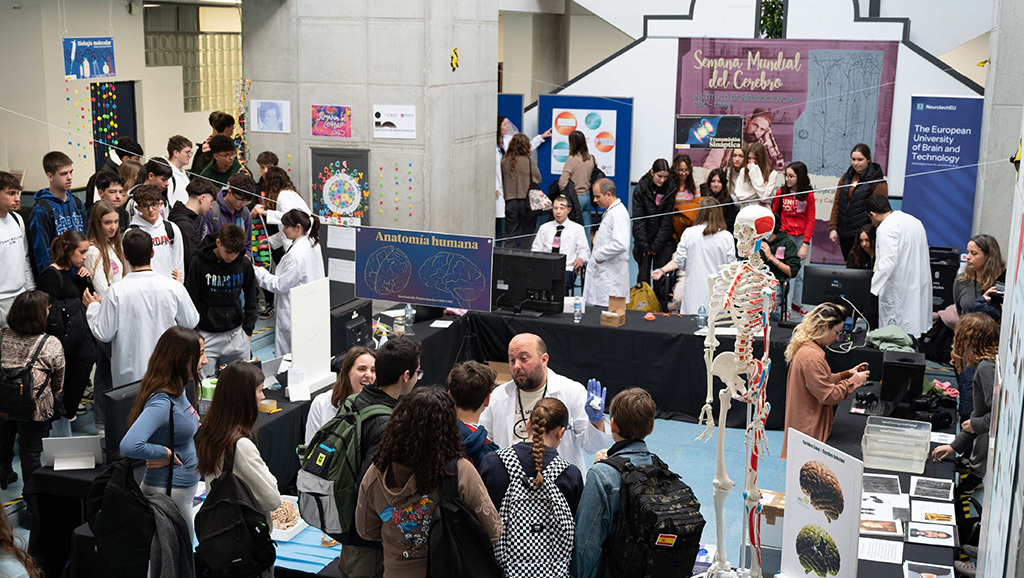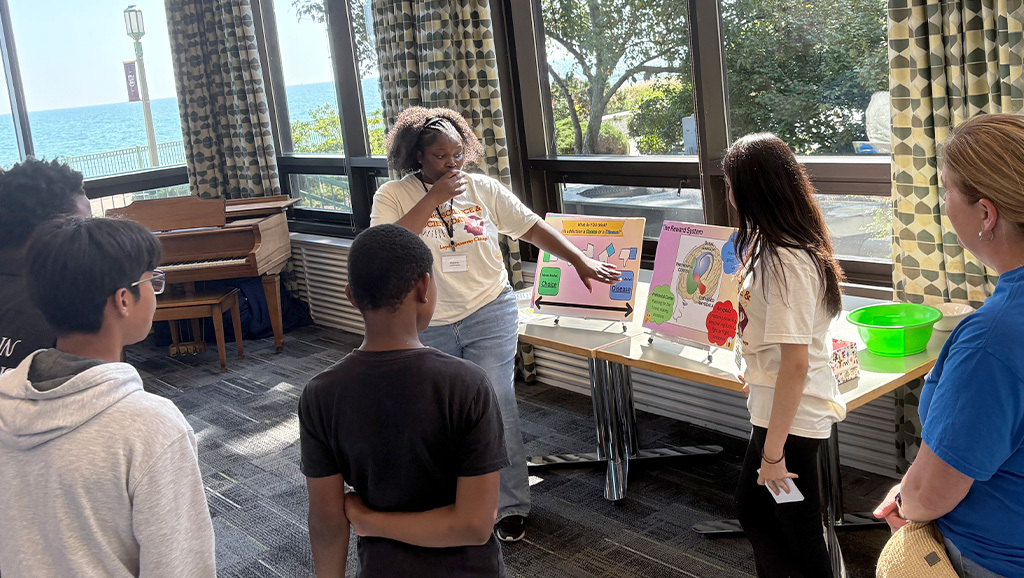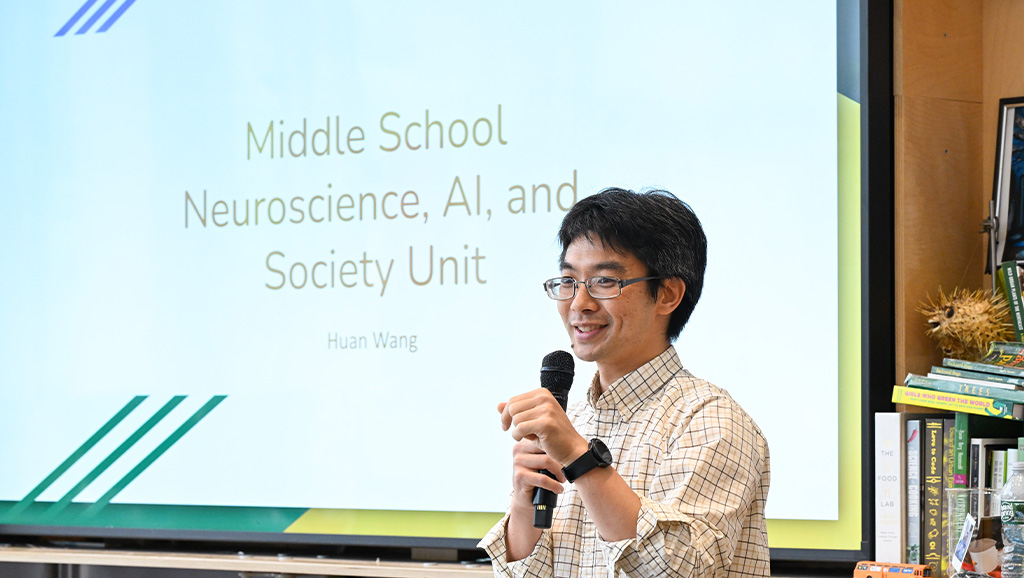After a highly successful open call for proposals, the Dana Foundation is excited to announce the 11 US-based academic institutions awarded Dana Centers for Neuroscience & Society planning grants. The planning grants are the first phase of a two-part grants process; in the second phase, these 11 institutions will compete for two grants to establish a Dana Center to catalyze promising people and projects at the crossroads between neuroscience and other fields.
The 11 grantees are:
Institution: Georgia State University
Principal Investigator: Kim Huhman
Location: Atlanta, GA
Institution: Georgia Institute of Technology
Principal Investigator: Christopher Rozell
Location: Atlanta, GA
Institution: Harvard University
Principal Investigator: Gabriel Lázaro-Muñoz; Francis Shen; Theresa Williamson
Location: Cambridge, MA
Institution: Johns Hopkins University
Principal Investigator: Jeffrey Kahn
Location: Baltimore, MD
Institution: Loyola University Chicago
Principal Investigator: Michael Rochlin
Location: Chicago, IL
Institution: Massachusetts Institute of Technology
Principal Investigator: John Durant
Location: Cambridge, MA
Institution: Stony Brook University
Principal Investigator: Turhan Canli
Location: Stony Brook, NY
Institution: University of California, Los Angeles
Principal Investigator: Helena Hansen
Location: Los Angeles, CA
Institution: University of California, San Francisco
Principal Investigator: Winston Chiong
Location: San Francisco, CA
Institution: University of Pennsylvania
Principal Investigator: Anna Wexler; Martha Farah
Location: Philadelphia, PA
Institution: Wake Forest University
Principal Investigator: Carol Milligan; Ruth Benca; Michelle Mielke
Location: Winston-Salem, NC
Dozens of stakeholder consultations and a 2021 Dana Discovery Roundtable informed the request for proposals (RFP) for the planning grants. These conversations repeatedly highlighted the need for innovative training and education programs that enable future leaders in neuroscience to consider and address the ethical, legal, and societal implications of their work. Though some programs exist in this space, the Dana Foundation designed the RFP to be an open call to solicit ideas from the widest possible range of institutions, disciplinary approaches, and geographical locations. We were truly gratified by the level of interest we received—an indication that there is tremendous enthusiasm for strengthening neuroscience’s positive role in society. We received a significant number of applications, most of which were extremely competitive.
The planning grants are an important first step to address gaps in training and research for scholars who aim to foster neuroscience’s positive impact on society. The Dana Centers for Neuroscience & Society will act as catalytic hubs, spaces where multidisciplinary scholars gather to learn, exchange ideas, and forge collaborations. Though each grantee presented a unique vision for a future Center, all proposals aim, in part, to grow a new generation of interdisciplinary experts who shepherd neuroscience uses for a better world. Centers will accomplish this goal through experiential learning, new curricula, collaborative research projects, and community-based practice.
The 11 grantees will receive funding for five months to put together a full proposal and complete a demonstration project that pilots a key program that would be part of an eventual Center. Upon completion of the planning grant, grantees will submit reports to the Foundation for review, which will inform the Spring 2023 request for proposals for Dana Centers for Neuroscience & Society. Following a robust review process, the Foundation aims to establish two Centers by the end of 2023.




